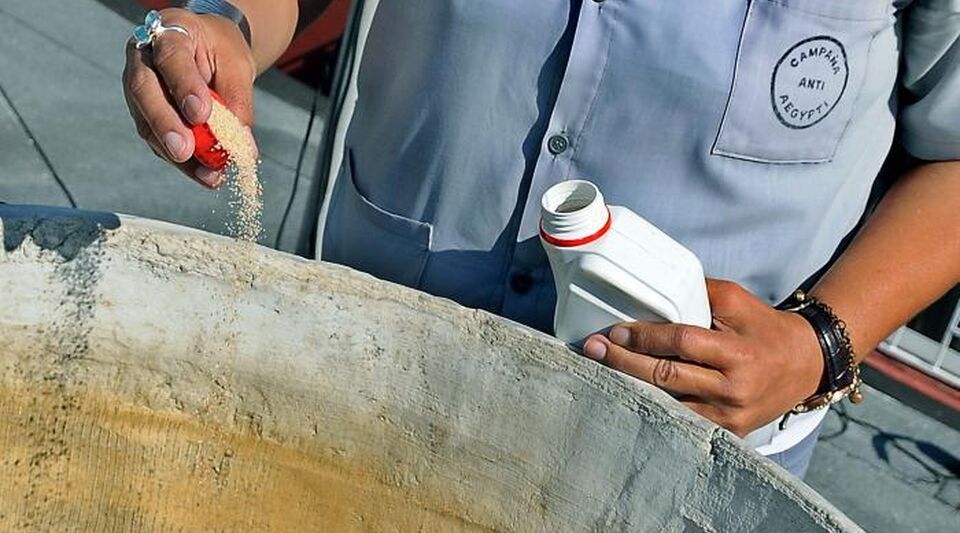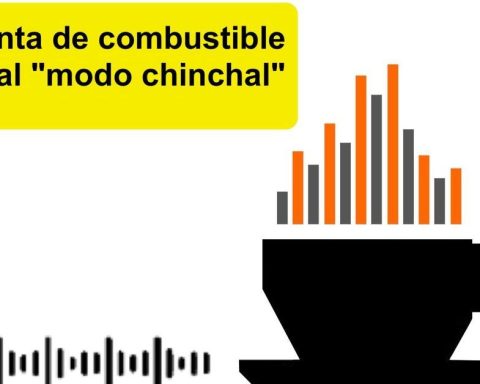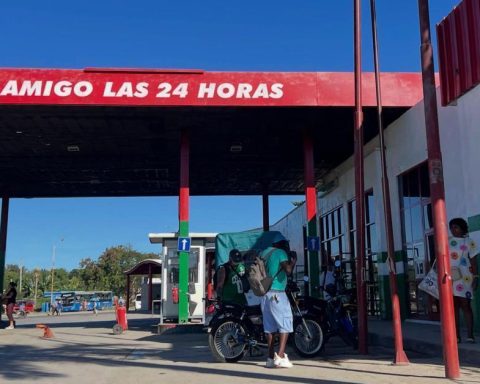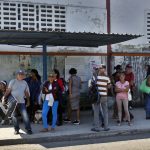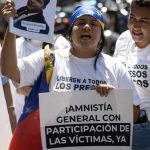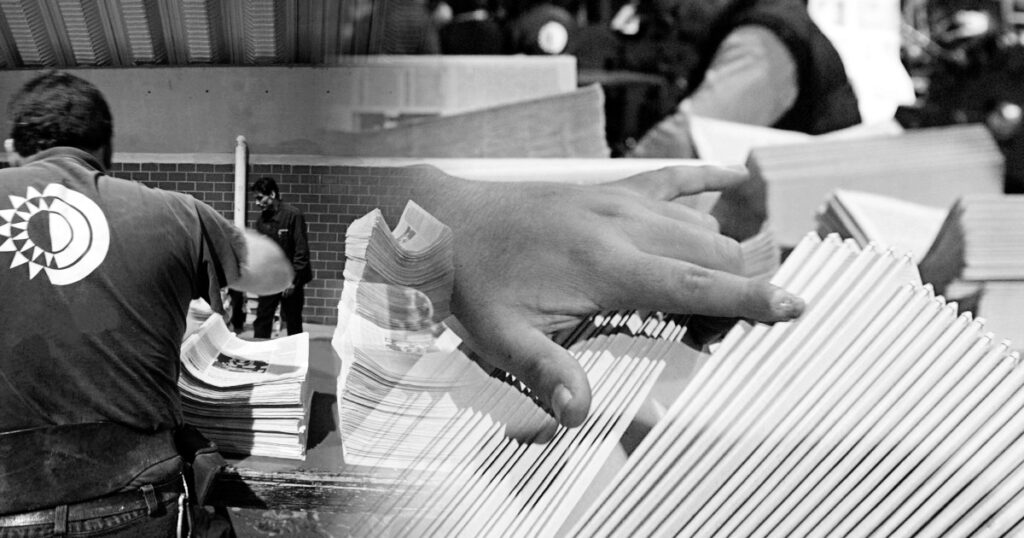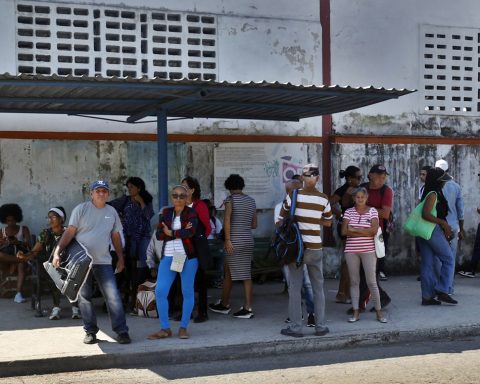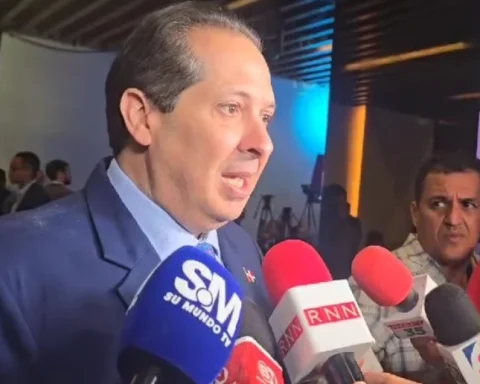BioCubaFarma hopes that this year the first vaccine candidate against dengue will finally be available, after almost a decade of research, Eduardo Martínez Díaz, president of the state pharmaceutical group, told the official press on Thursday.
Cuba began in 2013 the first studies to develop an immunogen against the virus transmitted by mosquitoes of the species Aedes aegypti. In an interview with the official newspaper Granma, Martínez Díaz justifies the delay in research because “it is a complex process”, because dengue has four serotypes and each one must be immunized at the same time for the drug to be effective.
Although the Government in Havana reiterates that currently “there is no effective and safe immunogen,” the World Health Organization (WHO) approved in December 2015 the first vaccine against dengue under the trade name of dengvaxia, manufactured by the French Sanofi Pasteur. This serum has been validated in 20 countries, but it is available in Cuba. The WHO points out that this drug is aimed at people between the ages of 9 and 45, residing in endemic areas and who have had at least one episode of infection prior to contagion.
Guadalupe Guzmán Tirado, director of the Research Center of the Pedro Kourí Institute of Tropical Medicine (IPK), also defended that Cuban scientists have dedicated “decades of work” to control the disease. An example of this, she continued, is that Cuba contributed to the new classification of dengue with or without warning signs implemented by the WHO.
The president of BioCubaFarma assured that by 2023 a rapid diagnosis system for dengue will also be launched, prepared by the Immunoassay Center
The president of BioCubaFarma assured that by 2023 a rapid dengue diagnosis system will also be launched, prepared by the Immunoassay Center, which will identify if a patient is infected with the virus from the appearance of the first symptoms. This will facilitate a differentiated treatment in patients and will avoid the worsening of the disease, insisted the executive, without committing to a date for its application.
Martínez Díaz considers that these measures “will have a significant impact” on Cuban families, overwhelmed by the shortage of medicines and the deficiencies in the hospital network, which does not supply or have the necessary supplies to care for patients.
The highest peaks of dengue infections occur between September and November of each year, coinciding with winter on the Island. The disease is a public health problem for most countries in Latin America and the Caribbean, although the government maintains that dengue hemorrhagic fever was introduced in 1981 by Eduardo Arocenaa Cuban convicted of terrorism in the US and released in 2021 after almost 40 years in prison.
The Cuban regime kept the number of active cases on the island a secret in 2022, but the provincial press gave clues to the severity of the disease. One of the provinces with the highest alarms was Santiago de Cuba, which reached figures not seen in 15 years and the largest number of outbreaks of the transmitting mosquito.
Most of the confirmations of deaths associated with the virus were reported on social networks, and among the deceased there were also several health professionals. The crisis is aggravated every year due to the lack of Abate pesticide, insecticides and even fuel to fumigate or transport doctors to the areas with the greatest presence of the mosquito.
Not even health care centers have been spared from the proliferation of outbreaks. A patient at the 14 de Junio Polyclinic in Havana assures this newspaper that the rooms with the electric beds, which are supposed to be dark rooms free of contamination, are inhabited by these insects. The woman came for an evaluation of her feet, but at the end of the examination “there were five mosquito marks.” “Mosquitoes nest in the bottom of the machines in the room. When you turn them on, they come out,” she said.
________________________
Collaborate with our work:
The team of 14ymedio He is committed to doing serious journalism that reflects the reality of deep Cuba. Thank you for accompanying us on this long road. We invite you to continue supporting us, but this time becoming a member of our newspaper. Together we can continue transforming journalism in Cuba.
